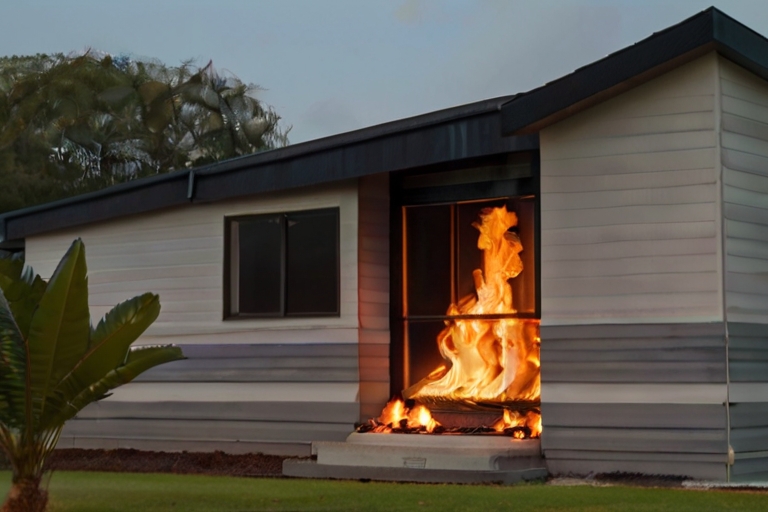Standard Fire Insurance Policy: Fire incidents pose significant risks to businesses, causing financial, physical, and emotional strain. To mitigate these risks, it’s essential to understand the coverage provided by a standard fire insurance policy, including its inclusions and exclusions.
Below are twelve common perils covered by a standard fire insurance policy:
Table of Contents
Standard Fire Insurance Policy:
Natural Calamities:
Protection against storms, cyclones, hurricanes, and floods, excluding earthquakes or volcanic eruptions. Additional coverage is available for these exclusions.
Lightning:
Coverage for damages caused by lightning, such as harm to the roof or building.
Riots, Strikes, or Terrorist Activity:
Protection against losses or damages from external violent situations like riots, strikes, or terrorist acts.
Aircraft Damage:
Insurance against loss or damage caused by aircraft or other aerial devices Standard Fire Insurance Policy.
Subsidence and Landslide Coverage:
This includes protection against damage from landslides or subsidence, with exclusions for normal cracking, coastal erosion, and defective design or materials.
Fire Coverage:
Typically covers damage caused by fire, excluding destruction caused by fermentation or natural heating Standard Fire Insurance Policy.
Missile Testing Operations:
Protection against damages from missile testing operations.
Leakage from Automatic Sprinkler Installations:
Coverage for accidental leakage from sprinkler installations, excluding damages during repairs or alterations.
Bush Fire:
Insurance for bush fire damage, excluding forest fires.
Bursting/Overflowing of Water Tanks, Pipes, and Apparatus:
Protection against damages from bursting pipes, water tanks, and apparatus.
Impact Damage:
Coverage for damage from direct contact with any vehicle or animal not belonging to the insured or their employees.
Explosion/Implosion:
Protection against damages from explosions or implosions, excluding losses to boilers, economizers, or machinery producing steam.
For Small and Medium Enterprises (SMEs) or start-ups, fire damage can be financially draining and halt business operations. Fire insurance can fund replacements or repairs, keeping your business afloat. Although most fire insurance policies include coverage for the perils mentioned above, it’s advisable to consult with an expert before buying a policy for your business.
FAQs:
Question:
How does the claim process work for fire insurance, and what documents are typically required to file a claim?
To file a fire insurance claim, the first step is to report the incident to the insurer immediately.
Then, submit a detailed claim form, including documents like the fire brigade report, photographs of damage, and purchase receipts. An adjuster assesses the loss, and insurers verify details before approving the claim, ensuring businesses recover swiftly from their losses.
Q. What factors influence the cost of fire insurance premiums for businesses?
A. The cost of fire insurance premiums varies based on factors like the business’s location, industry type, value of insured assets, and risk factors such as the presence of flammable materials. Safety measures in place can lower premiums, and understanding these factors helps businesses find the right balance between coverage and cost.
Question:
Can businesses tailor their fire insurance policies to incorporate specific perils not covered under a standard policy?
A. Yes, businesses can customize fire insurance policies by adding riders or endorsements for specific perils not covered in a standard policy, such as earthquakes. This flexibility allows for better risk management and peace of mind, although it might increase the premium. Consulting with insurance experts can help tailor policies effectively.
May you also like :






